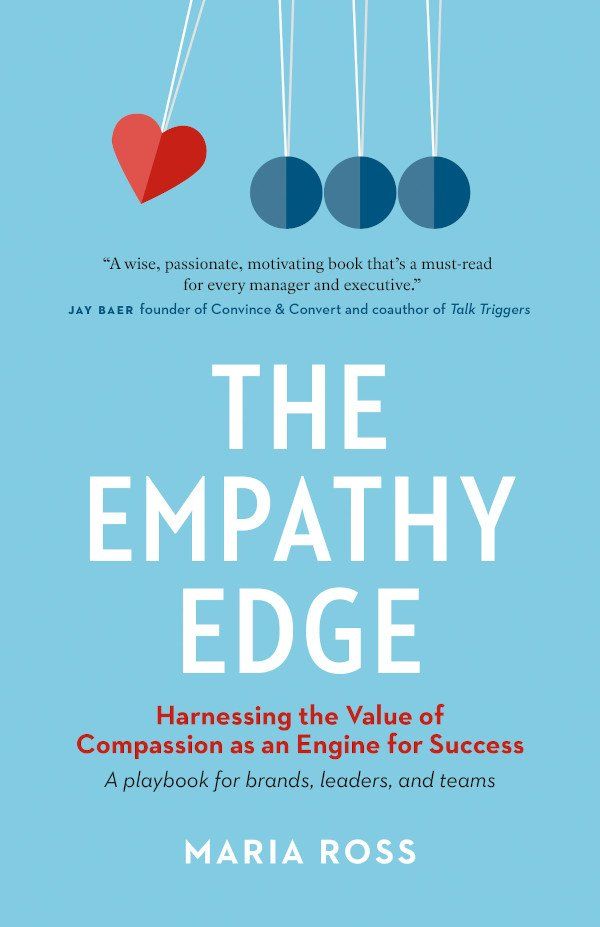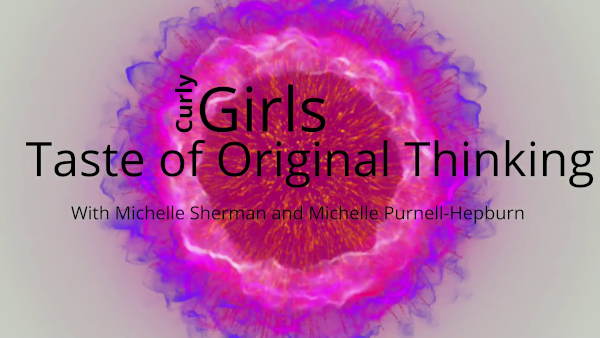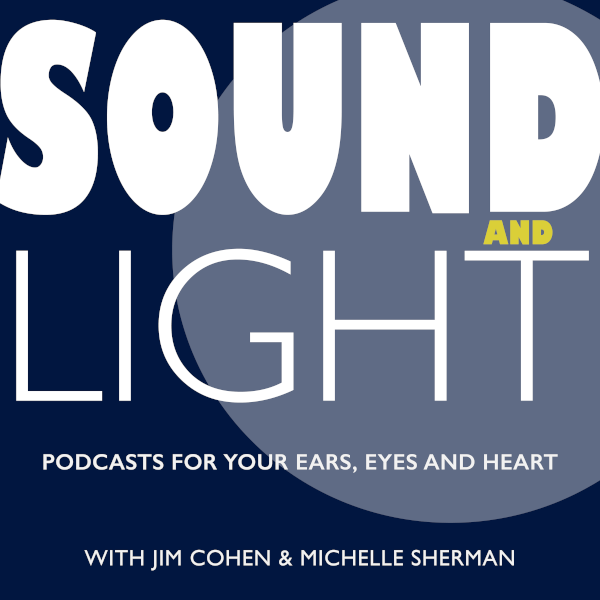Ghosting in the Age of Social Media
...and it's Unintended Consequences
As the days grow shorter and the end of October approaches, we encounter celebrations like All Hallows Eve and The Day of the Dead that acknowledge our ongoing relationship with those who have moved on both literally and figuratively. Thus, I would like to take this opportunity to discuss the unintended consequences of “ghosting”as it becomes a more common social norm.
Let us first define ghosting in this modern-day context. Ghosting is the act of intentionally ignoring another human being. It is, “the practice of ending a personal relationship with someone suddenly and without explanation withdrawing from all communication” (dictionary.com).
In today’s digital dating economy, it is easy to understand why swiping, texting or email communications are a perfect way to stay superficial or end a relationship that may not be equally welcomed by both parties. When approaching relationships this way you need to remember one very essential thing – there is a person at the end of that message with a heart and feelings. Do not allow the habit of ghosting acquaintances or new dates to seep into once meaningful relationships.
We all tend to understand on a guttural level that sheer indifference is more deflating and debilitating than passionate outrage. The opposite of hate is apathy and when human beings are ignored, they fail to thrive.
Bowlby’s findings on the importance of attachment.
I have a bit of experience lately with ghosting and this way of handling embarrassing, awkward or occasionally toxic communications. One colleague will not talk to me about our post professional relationship, if one does exist, and the other never showed up for a meeting and has yet to respond to any of my attempts to communicate to assure they are OK.
Although it is understandable why someone might be reluctant to put their energy into completing a relationship in a mature and direct manner, take a moment to consider the unintended impact of ghosting on others. When you can make a kinder choice, do it. Imagine the two examples above are the result of embarrassment coupled with a denial about the impact their choice to evaporate had on someone who cared about their well-being.
Why does Ghosting Feel so bad?
Because the emotional pain of rejection is real and activates similar pathways as physical pain. To that end, although Tylenol can reduce its distress, there is still a powerful psychological component to ghosting . It erases all cues on how to respond to the person ghosting you.With little or no information, your negative imagination can go wild as to their safety, well-being or whereabouts. You also begin to doubt your judgement and if the person was ever honest with you. This self-doubt can erode your social confidence and self-esteem. All because they are not comfortable communicating their truth. If someone is toxic, then by all means stay away. Weare discussing the times when being brave and having good manners completes the personal or professional relationship on a compassionate note.
If you are ghosted by someone: wait a bit, reach out and
if they do respond, tell you they are moving to a far and distant land, or schedule a date in the future to check back, great. At least you have some information to work with. If they are not mature enough to be uncomfortable and share their truth in a respectful and kindhearted manner, let them go. If they do return and you discover they were called away unexpectedly, or couldn’t respond for good reasons, you can always choose to set up new agreements and boundaries allowing for a fresh start and a
healthier relationship
.










